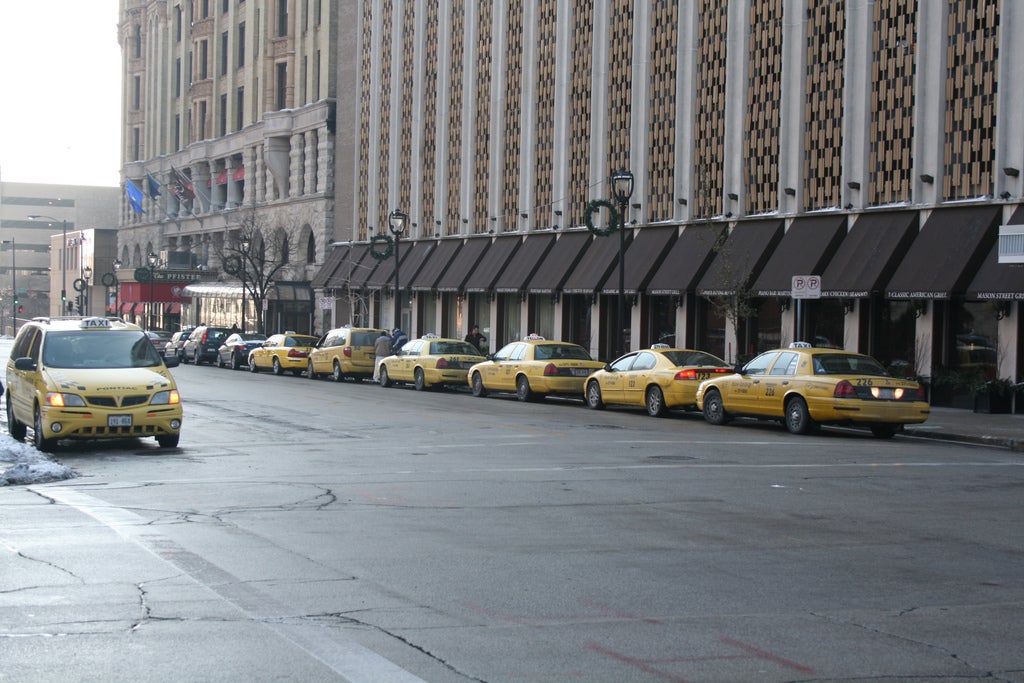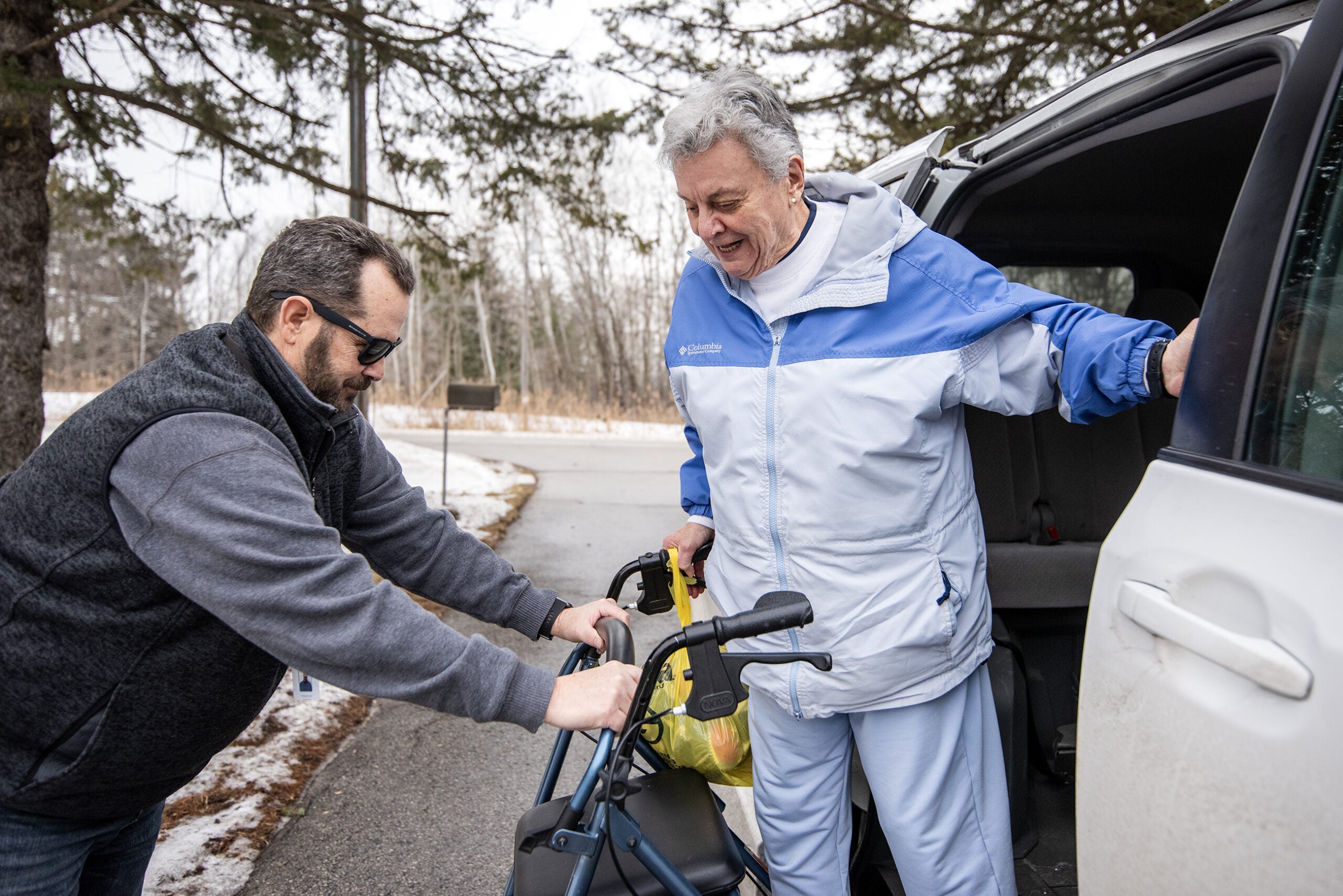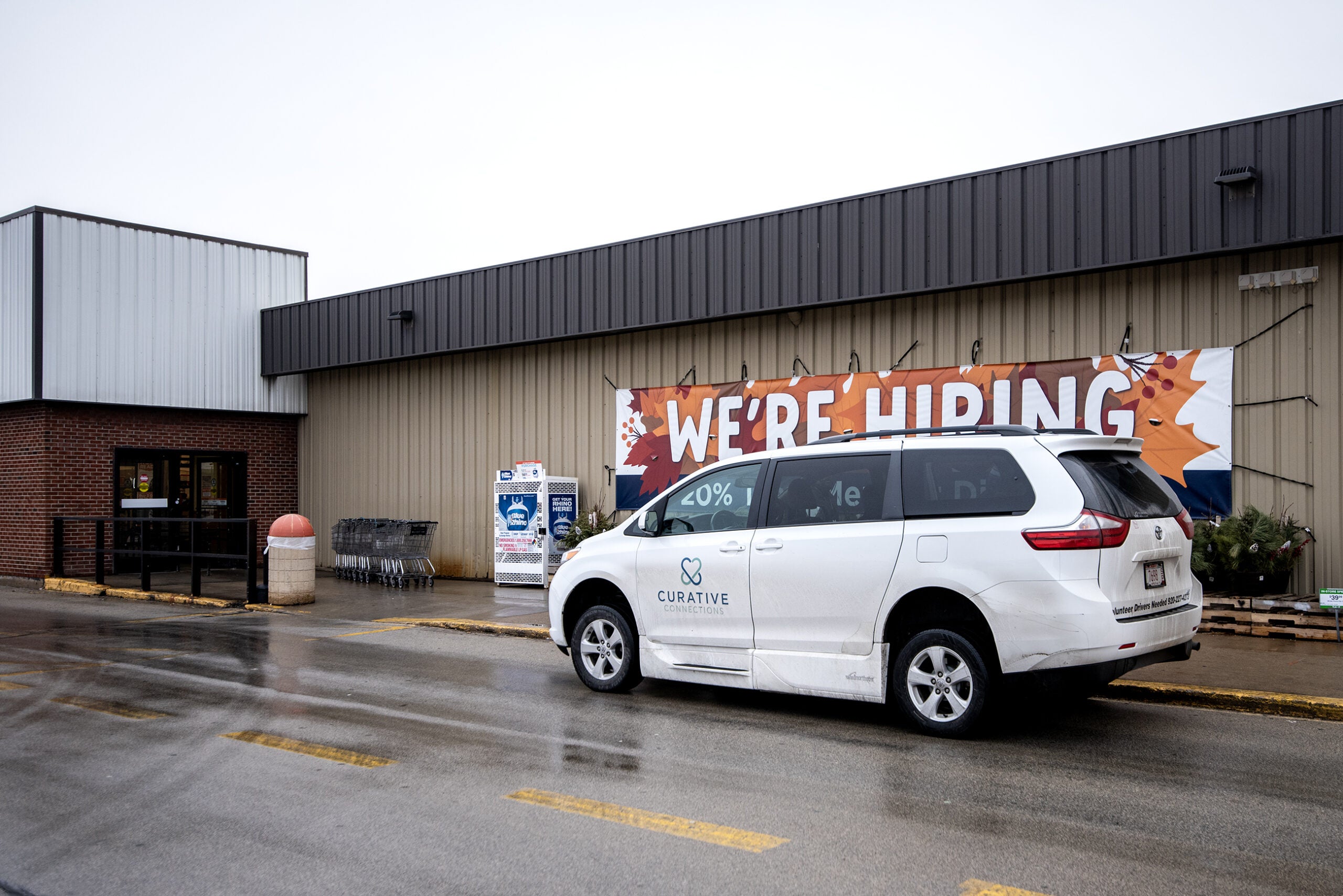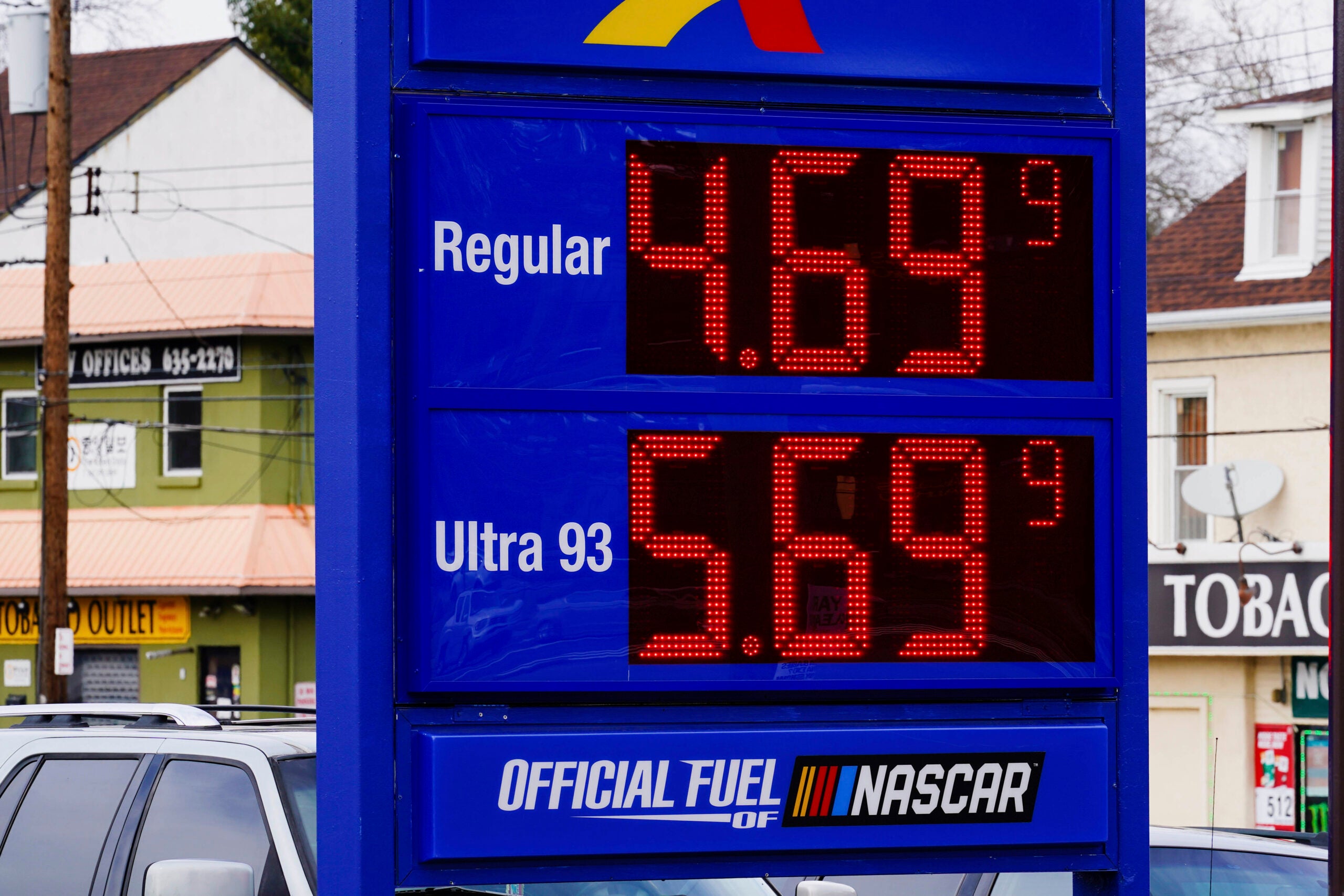Legislation introduced in the Wisconsin Assembly would ban local governments from regulating taxicabs, giving state officials oversight instead. The proposal has taxi drivers at odds over whether deregulation is the best way to compete with ride-hailing apps like Uber and Lyft.
In 2015, Wisconsin barred any local regulation of these ridesharing services but left local rules in place for taxi companies.
Taxi drivers in favor of the bill say companies like Uber and Lyft have been able to afford charging lower fares because they don’t have to meet the same costly insurance and licensing requirements.
Stay informed on the latest news
Sign up for WPR’s email newsletter.
In Milwaukee, that means a special license for the driver and another for the taxi, according to Brenda Wood, a lobbyist for the city that is against deregulating taxis and transferring licensing powers to the Department of Safety and Professional Services.
According to Wood, taxi companies would be left to regulate themselves under the new proposal because vehicle inspections wouldn’t be required and drivers would only have to pass background checks through the company they drive for.
Green Bay cab driver Julie Arnoldi said she doesn’t want to risk public safety for more money.
“The police department does our background checks,” Arnoldi said. “With that they check our vehicles and make sure we are safe and that’s all safety measures we have for the public.”
During a public hearing at the state Capitol last week, Adam Churn with the Union Cab of Madison Cooperative said regulations benefit taxi drivers like him and are the only thing keeping ride-hailing companies from total control of the market.
“(Ridesharing’s) only competition is local taxi companies whose competitive edge is based on our reputation for consumer protection, local dispatch services and proven safety records based on driver training, police background checks and full commercial insurance,” Churn said.
Some taxi drivers argue the solution is to enforce more regulation on the ride-hailing companies in the state.
Other drivers who aren’t completely sold on the measure say they want to be able to run “surcharges” or increased fares when demand is high, a feature of Uber and Lyft.
There are also questions about what the proposal means for accessible transportation for people with limited mobility.
But in Milwaukee, more than 90 cab drivers have already signed a letter in favor of the measure. They are part of the American United Transportation Group, a dispatch service which has ties to state Rep. Joe Sanfelippo, R-New Berlin.
Sanfelippo said he is neutral on the bill for “obvious reasons.”
Rep. Daniel Knodl, R-Germantown, said he chose to sponsor the bill after area transportation employees told him they wanted more regulation of ride-hailing companies.
Knodl argues his proposal is a common-sense approach that allows for innovation and allows for fair competition between companies competing for the same customers.
A version of this bill has also been introduced in the Senate.
Wisconsin Public Radio, © Copyright 2024, Board of Regents of the University of Wisconsin System and Wisconsin Educational Communications Board.






